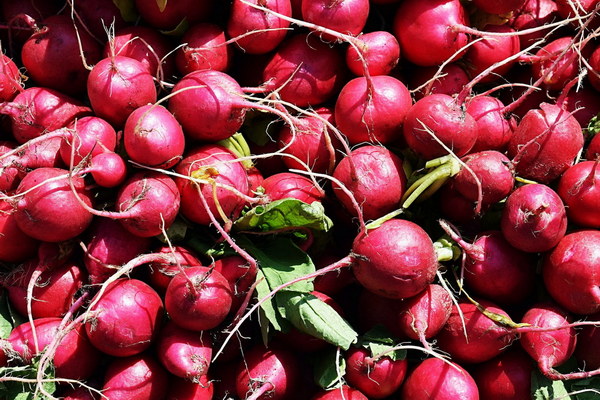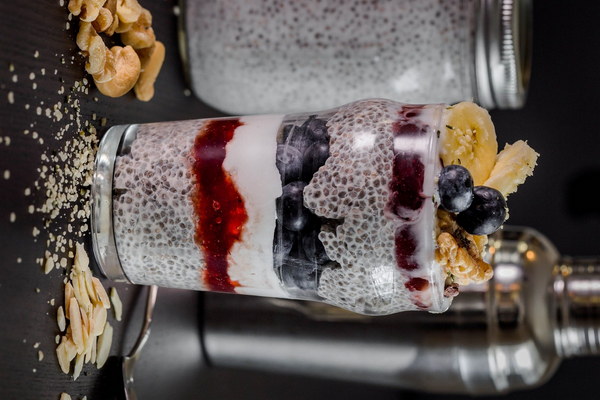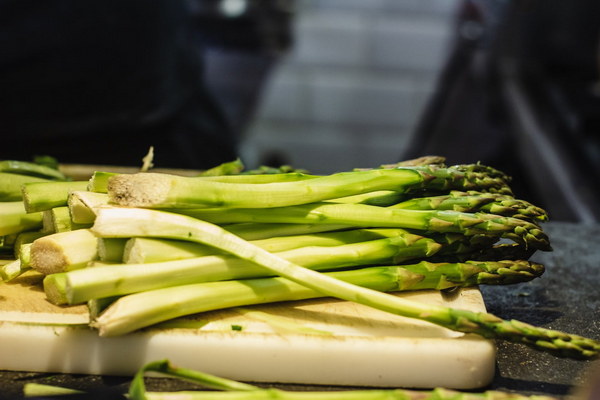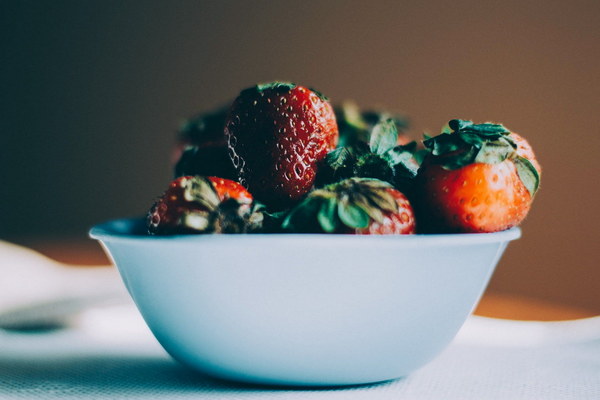Top Herbs with Strong Diuretic Properties A Guide to Natural Remedies for Dampness
In traditional Chinese medicine, the concept of dampness is a common underlying cause of various health issues. To counteract dampness, it is essential to use herbs with strong diuretic properties. These herbs help in draining excess moisture from the body, thereby alleviating symptoms such as fatigue, weight gain, and digestive problems. Below is a comprehensive guide to some of the most effective diuretic herbs that can be used to combat dampness naturally.
1. Poria (Fuling)
Poria is a popular herb in traditional Chinese medicine, known for its strong diuretic properties. It is often used to treat dampness-related conditions such as edema, frequent urination, and urinary tract infections. Poria is believed to tonify the kidneys and improve kidney function, making it a valuable herb in the treatment of dampness.
2. Coptis (Huang Lian)
Coptis is a potent diuretic herb that is often combined with other herbs to treat damp-heat conditions. It has a bitter taste and cooling properties, which help to clear heat and dry dampness. Coptis is commonly used in the treatment of damp-heat dysentery, urinary tract infections, and jaundice.
3. Astragalus (Huang Qi)
Astragalus is not traditionally considered a diuretic, but it is often used in combination with other herbs to strengthen the immune system and improve overall kidney function. It helps in managing dampness by supporting the body's natural defense mechanisms and promoting the elimination of excess fluids.
4. Cassia seed (Shan Zao)
Cassia seed is a mild diuretic that is often used to treat dampness and constipation. It is believed to tonify the kidneys and improve urine output, thereby reducing fluid retention. Cassia seed is also used to treat night sweats and hot flashes, which are often associated with dampness.
5. Cinnamon twig (Guizhi)

Cinnamon twig is a warming herb that is used to expel cold and dampness from the body. It is often used in combination with other herbs to treat cold, damp, and painful conditions such as arthritis and fibromyalgia. Cinnamon twig has a strong diuretic effect and can help in reducing swelling and edema.
6. Pine Pollen (Song Cao)
Pine pollen is a potent herb with diuretic properties that is used to treat dampness and kidney disorders. It is believed to strengthen the kidneys and improve urinary function. Pine pollen is also used to enhance sexual vitality and overall vitality.
7. Safflower (Huang Qin)
Safflower is a strong diuretic that is often used in combination with other herbs to treat damp-heat conditions. It has a bitter and cold nature, making it effective in clearing heat and drying dampness. Safflower is commonly used to treat skin conditions like eczema and psoriasis, which are often related to dampness.
When using these diuretic herbs, it is important to consult with a qualified herbalist or healthcare provider, as the use of herbal remedies can interact with other medications and should be tailored to the individual's specific health needs and constitution.
In conclusion, the herbs listed above are some of the most effective natural remedies for treating dampness. They work by draining excess moisture from the body, which can help alleviate a variety of symptoms associated with dampness. However, it is crucial to approach herbal treatments with caution and seek professional guidance to ensure safety and efficacy.









